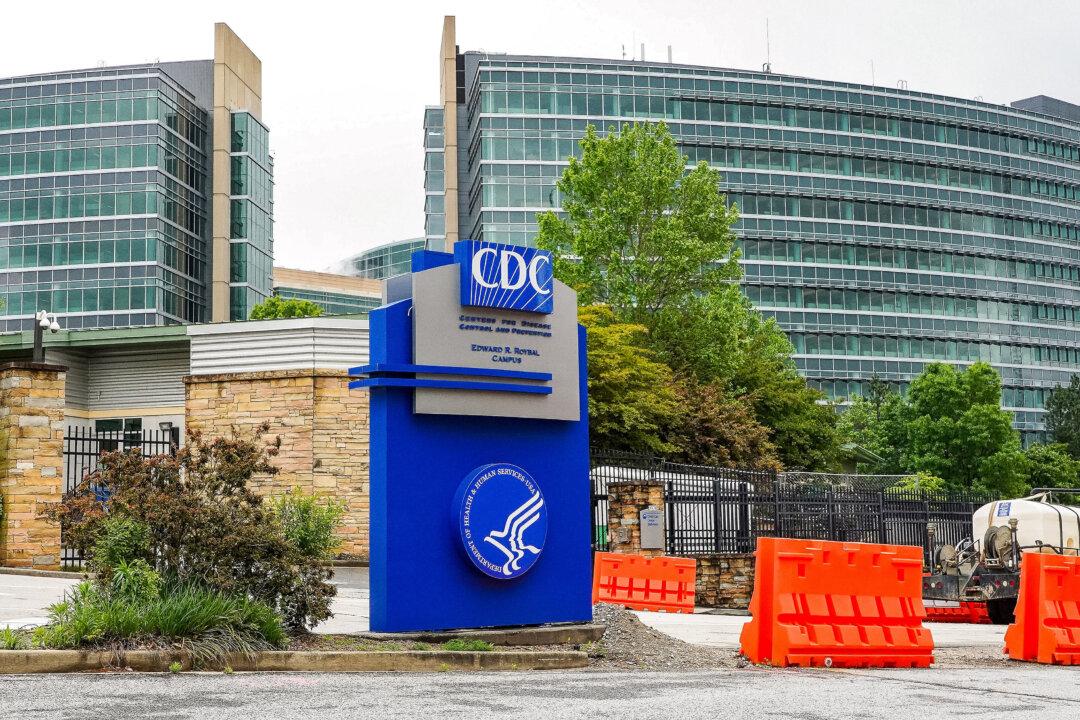The risk of bird flu to humans is low right now, but state health officials need to be ready to respond, the U.S. Centers for Disease Control and Prevention (CDC) said in an update issued on April 8.
In a readout of a call held on April 5, the CDC said that it asked for states to be “prepared to quickly respond” to provide treatment and test potentially impacted farm workers after dairy cows had tested positive for H5N1 in recent days.





